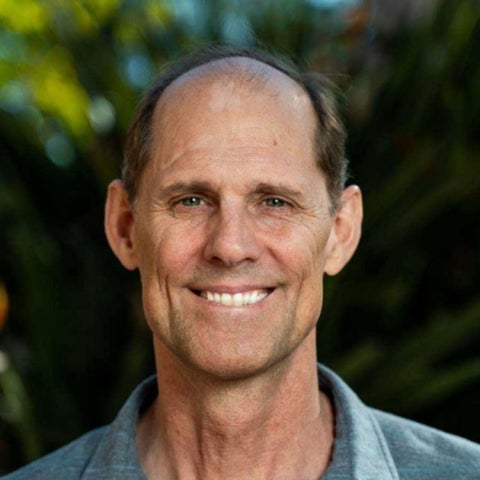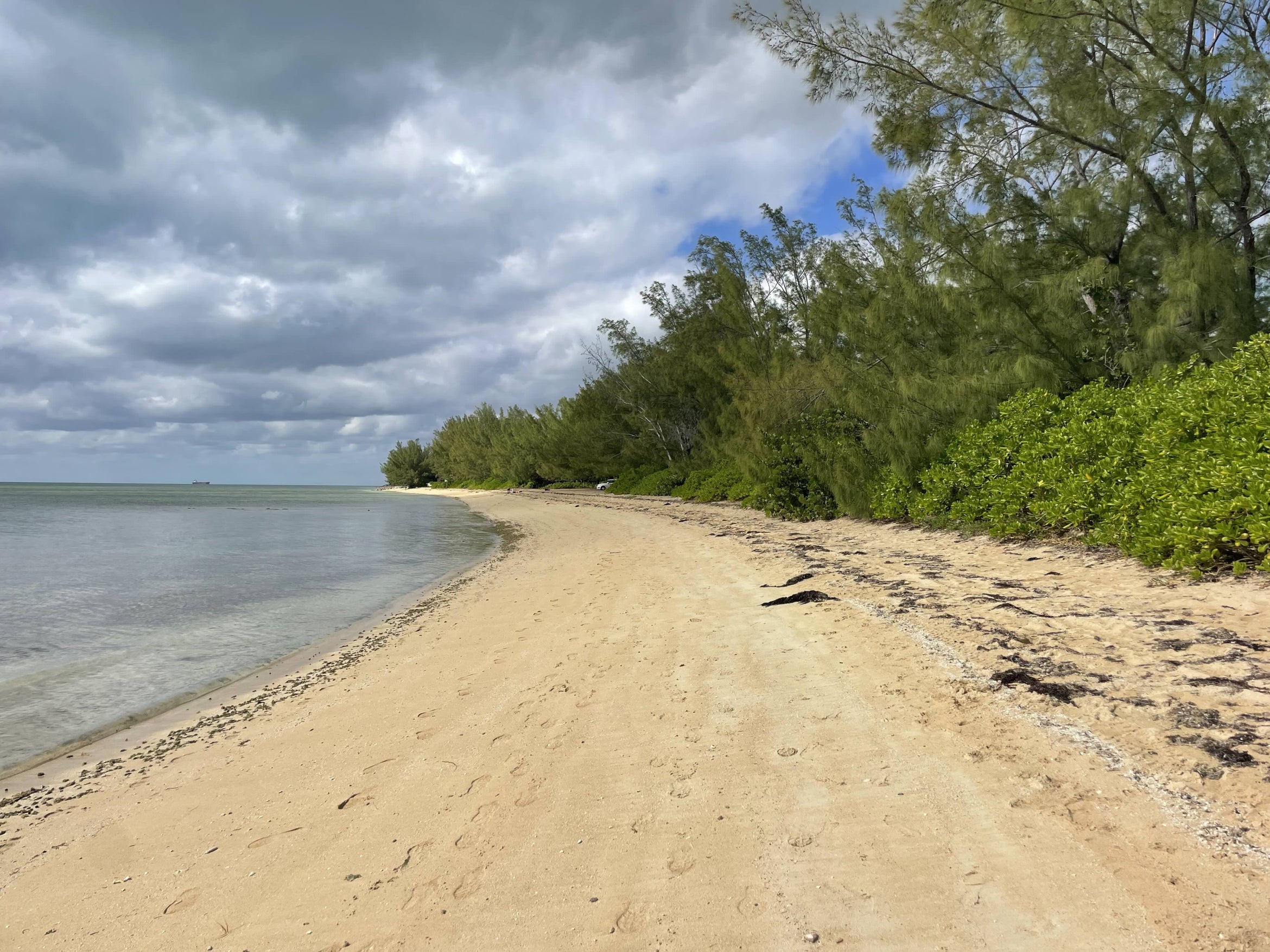Professors Somayeh Dodge and Alan Murray receive UCGIS awards
Two faculty members in UC Santa Barbara’s Geography Department have earned awards from the University Consortium for Geographic Information Science (UCGIS), an academic non-profit organization dedicated to geographic information science (GIS).
Associate Professor Somayeh Dodge has received the UCGIS Early/Mid-Career Research Award, and Professor Alan Murray has earned the UCGIS Research Award. The honors recognize geospatial researchers who have extraordinary records of accomplishments, including service to the mission of UCGIS.
“I’m incredibly proud of Professors Dodge and Murray,” said Department Chair Trisalyn Nelson. “Not only are they leaders in geographic information science, they are also addressing pressing societal challenges on topics like fire preparedness, wildlife habitat use and human mobility.”
Studying movement
Dodge’s work looks at patterns in the movement of both humans and animals. By using movement as a proxy for behavior, her group examines how individuals and species interact with each other and their environments. They analyze and model an array of movement tracking data, from high-resolution location data of urban populations, to GPS data of wild tigers and global migration data of birds.
I am honored and humbled to receive this award,” said Dodge. “I am thankful to the UCGIS board, leadership and the research award committee for this distinction. I am especially grateful to my students, whose dedication and hard work are integral to the success of our research group. This award is as much a recognition of their contributions as it is of my own.”
Dodge is interested in understanding how people respond to environmental disruptions, and the extent to which these events impact daily activities and access to resources and opportunities. She’s also curious how these impacts differ across various populations.
Her group, the Movement Data Science Lab (MOVE), also seeks to uncover how animals interact and what factors influence their interactions and competition. Moving forward, they will also explore how movement activity and access to nature affects human health outcomes.
Understanding risks and responses
Murray studies how communities can better understand and respond to local risks and vulnerabilities, like natural disasters. This requires synthesizing knowledge on a number of geographic and societal factors, such as public health, transportation, sustainability, natural resource management and more.
“It is an honor to be recognized, but also to be included among such a distinguished and talented group of individuals, such as UCSB faculty members Mike Goodchild, Rick Church, Reg Golledge, Helen Couclelis and Keith Clark,” Murray said.
“The UCGIS Research Award is particularly significant for UCSB geography as the department has been integral in the advancement of geographic information science,” he added.
Murray serves as director of the Wildfire Resilience Initiative at UCSB, and understanding wildfire risk and vulnerability is a major area of his current research. His team is examining geographic factors that contribute to fire risk and evaluating evacuation logistics in neighborhoods and communities.





